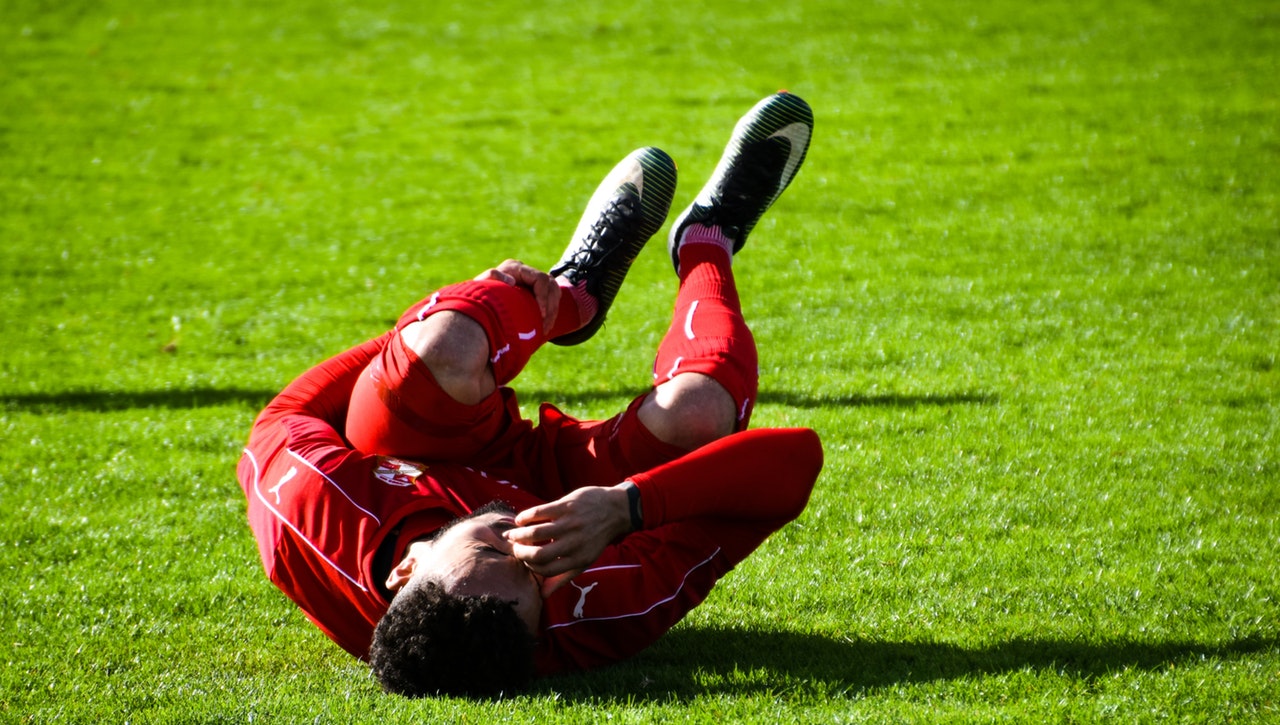Acupuncture For Knee Pain
Study by University of Maryland doctors is one of the largest ever for acupuncture
Researchers at the University of Maryland School of Medicine have found that traditional Chinese acupuncture significantly reduces pain and improves function for patients with osteoarthritis of the knee who have moderate or more severe pain despite taking pain medication. Those are the results of a four-year study published in the December 21 issue of the Annals of Internal Medicine.
"Our study shows that acupuncture can be a safe and effective complementary therapy for people with osteoarthritis of the knee," explains Brian Berman, M.D., the principal investigator who is director of the University of Maryland Center for Integrative Medicine and a professor of family medicine at the University of Maryland School of Medicine. "Before taking part in our study, many of the patients were taking anti-inflammatory medicine but they still experienced a lot of pain. When we added acupuncture to their treatment, the majority reported significant improvement."
"Osteoarthritis is the most common form of arthritis, affecting more than 20 million Americans," says Marc Hochberg, M.D., M.P.H., a co-investigator of the study. Dr. Hochberg is a professor of medicine and head of the Division of Rheumatology at the University of Maryland School of Medicine and head of rheumatology at the University of Maryland Medical Center.
According to Dr. Hochberg, "Many people with osteoarthritis live with debilitating pain, which forces them to limit their activities. This research shows that acupuncture, when used along with medication, can help to relieve symptoms and improve people's ability to participate in their usual activities."
The Phase III randomized controlled trial followed 570 participants – the largest group ever for an acupuncture study. Researchers divided participants into three groups. One group received education about arthritis, another group received traditional Chinese acupuncture and the third received sham acupuncture, where practitioners tapped the needles on the skin but they did not go through. The stainless steel needles are about the width of a human hair and are not painful when inserted correctly.
"The participants really couldn't tell whether they were receiving the real or the sham acupuncture," explains Lixing Lao, M.D., Ph.D., a licensed acupuncturist and a study investigator who is an associate professor of family medicine at the University of Maryland School of Medicine. "We chose specific places for the needles to be inserted based on traditional Chinese medicine. Those who received the sham acupuncture may have felt the edge of the guide tube, but the actual needle did not go in."
The acupuncturists placed a screen over the participants' stomachs so they did not know whether they were receiving the true acupuncture. Also, when electrical stimulation was supposed to be used, people receiving the sham acupuncture saw machines with flashing lights even though there was no electricity going through.
Patients in the acupuncture and sham acupuncture groups received 24 "treatments" over a 26-week period. At first, the treatments were given twice a week and they were gradually reduced to once a month. People in the education group took a 12-week self-help course involving two-hour group sessions. Researchers assessed the participants at the beginning of the study and then at four weeks, eight weeks, 14 weeks and 26 weeks.
"At the end of the 26 weeks, patients receiving traditional Chinese acupuncture had more improvement in both pain relief and function when compared to the sham acupuncture and the education groups," says Dr. Berman.
But the benefits were not evident right away. Among those who received real acupuncture, their pain was not significantly reduced compared to the sham acupuncture group until week 14. On the function score, researchers saw a difference after eight weeks of real acupuncture compared to the sham acupuncture.
Overall, patients receiving the true acupuncture reported a 40 percent improvement in both pain and function from their baseline scores. Participants rated their pain and function using a standard arthritis measurement: the Western-Ontario McMaster (WOMAC) Index.
Dr. Hochberg adds, "Study participants were allowed to continue whatever drug and non-drug therapies they were already using. With the addition of the acupuncture therapy, the participants did not report any significant side effects. So it proved to be a safe and effective treatment."
During the trial, seven acupuncturists treated participants at three sites: The University of Maryland Center for Integrative Medicine at Kernan Hospital in Baltimore, the Innovative Medical Research Center in Towson, Maryland, and the Hospital for Special Surgery in New York City. Participants had to be at least 50 years old with a diagnosis of osteoarthritis and had to experience at least moderate knee pain on most days of the prior month. They could not have had any previous experience with acupuncture.
"For the first time, a clinical trial with sufficient rigor, size and duration has shown that acupuncture reduces the pain and functional impairment of osteoarthritis of the knee," says Stephen E. Straus, M.D., director of the National Center for Complementary and Alternative Medicine.
The National Center for Complementary and Alternative Medicine and the National Institute of Arthritis and Musculoskeletal and Skin Diseases, both components of the National Institutes of Health, provided funding for the study.
Source: University of Maryland Press Release


